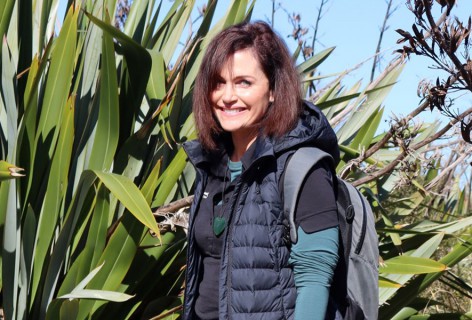Carbon values and adoption of practices
In this section
Trigger events for adoption
Landowners rarely change their management practices in response to receiving new information, so it is necessary to identify triggers and the role of advice that stimulates change. Combining factors that trigger change cycles with landowner observations on scientific credibility, salience, and legitimacy, we will adopt a hybrid theoretical framework that proposes practice change will follow a trigger event for landowners to make decisions. The framework will incorporate knowledge that the expertise of advisors will impact on the adoption of the advice.
Estimating probability and extent of adoption
We will conduct a choice experiment where landowners choose between 'business as usual' and several scenarios of integrating trees on a farm, characterised by spatial extent and pattern, species, impacts on carbon stocks, and incentives such as financial assistance, technical advice, and ongoing support. We will inform scenario design from the landscape scaling findings, trigger events analysis and farmer surveys, matched with biophysical and socio-demographic characteristics. The econometric analysis using the random utility framework will provide a quantitative assessment of landowner preferences and the likelihood of adoption with known trade-offs and policy interventions.
Valuation of benefits and co-benefits at landscape scale
We will extend our existing models and valuation methods to quantify private (e.g. increasing carbon stocks, fodder and timber production, shelter) and public (e.g. erosion control, water quality, biodiversity) benefits of the proposed silvopastoral practices at landscape scale.
Mātauranga Māori
We will engage with Māori landowner representatives and kaitakawaenga (liaisons) in Te Whaiti at the outset of the programme and bring together a project team on the whenua. Through wānanga and hīkoi, and engagement with the researchers and the End User Advisory Group we will co-develop the research plan. We will lead the facilitation of Māori-centric processes to ensure that together we identify the parameters of, and methods for, measuring change in the landscape that produce outputs that are useful and relevant to Māori.


